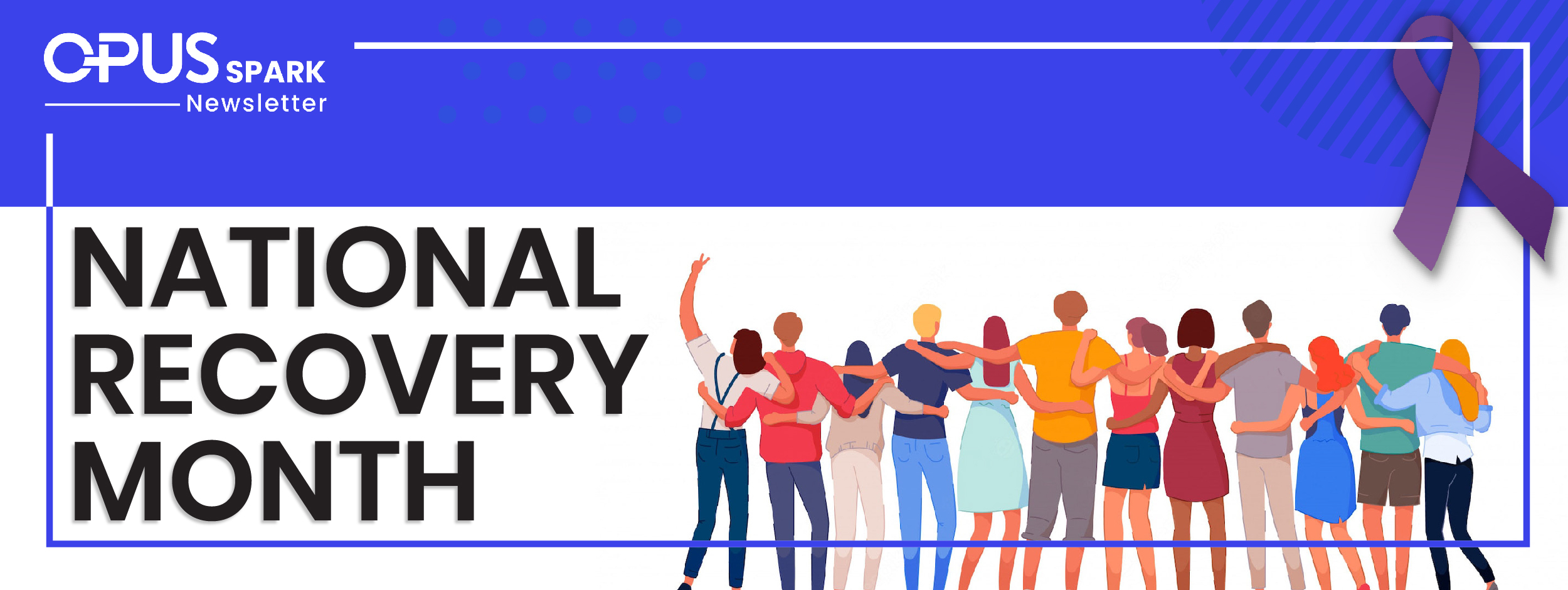
Opus Spark September 2022
CEO's Awareness Message
Recovery Month is a time to celebrate the progress we have made in our fight against addiction and mental illness. This annual observance is a great way to raise awareness about addiction and recovery and to show support for those who are working hard to overcome substance abuse.
In the Behavioral Health community, we celebrate the progress made by individuals in recovery, just as we celebrate health milestones made by those who are managing other health conditions, mental illness recovery is just as important. This observance reinforces the positive message that behavioral health is essential to overall health, prevention works, treatment is effective, and people can and do recover.
Each September, hundreds of thousands of people come together to celebrate how far recovery has come. With millions having experienced the impact that it has on their journey and countless others whose lives have been transformed by this brave new world without addiction or hardship - we want everyone to know they are not alone. Where progress is made, it is important to reflect upon what happened yesterday while looking forward to tomorrow.
During Recovery Month, we work to promote new evidence-based treatment and recovery practices, not only by celebrating recovery by recognizing clinicians every month in the Opus Spark but also by sharing recovery stories in our webinar coming up on September 27th “Addiction Treatment Planning: A Roadmap To Recovery” www.opusbehavioral.com/addiction-treatment-webinar
The emergence of a strong and proud recovery community and the dedication of service providers are important to recognize and celebrate. These efforts help ensure that everyone has access to the resources and hope they need to achieve and maintain recovery.
If you or someone you know is struggling with addiction, please reach out for help. There are many resources available to support you on your journey to recovery. Together, we can make a difference! For more information about Recovery Month, please visit:
http://www.recoverymonth.gov/
https://www.samhsa.gov/recovery-month
Trey Wilson,
Chief Executive Officer
Opus Behavioral Health
OPUS EHR EXPERT FEATURE: OPUS RCM
Billing & Collections
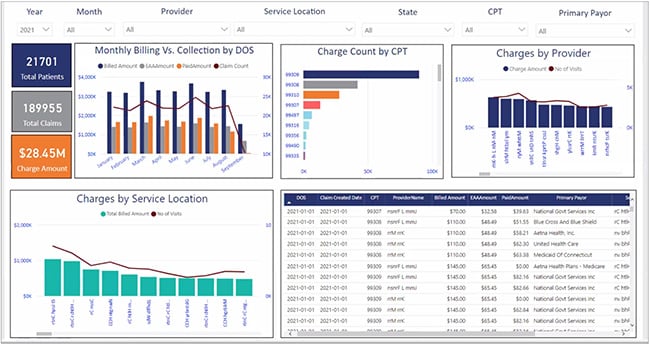
- Real-time data refresh
- Customized reports
- Filter specific analytics
- Full data migration w/ history
- Extract data to report version
Payer Service Charges
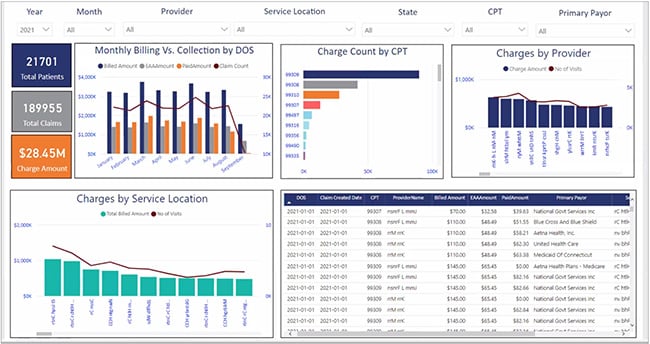
- Insurance mix per practice
- Filter to determine changes from state to state
- Determine how profitable each state is based on payer
Collections Summary
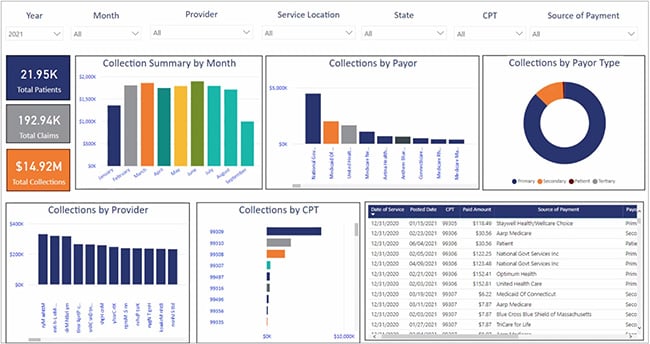
- Shows monthly payment
- Transaction details
- View paid & unpaid claims
- Filter based on: location, date, provider & source
.png?width=770&name=national%20recovery%20month%20(3).png)
Clinician of The Month
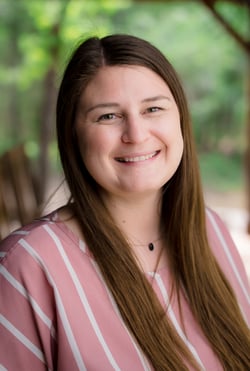
Nicole Hoffman is a Licensed Professional Counselor and Licensed Chemical Dependency Counselor who has devoted her career to helping others heal from behavioral health conditions and treating eating disorders. She is currently serving as the Clinical Director of Eating Disorder Solutions and holds a Master of Science in Counseling and Development from Texas Woman's University. Nicole has extensive experience working with adults and adolescents in high-acuity outpatient settings, developing and implementing treatment plans for a wide range of issues including complex trauma, PTSD, dissociation, substance use, and disordered eating. Nicole is passionate about ensuring that all populations have access to quality care, and she has worked diligently to create a curriculum that includes LGBTQ and BIPOC populations. In her role as a leader, Nicole prioritizes the development of healthy work culture and provides ongoing support to her team through training, clinical collaboration, and maintaining a treatment environment that is safe, healing, trauma-informed, and culturally sensitive. Nicole's commitment to excellence in behavioral healthcare is evident in all that she does, and she continues to make a positive impact on the lives of those she serves. Nicole's experience and dedication to her field make her an invaluable asset to her team.
Industry News
Every September, the Substance Abuse and Mental Health Services Administration (SAMHSA) leads the nation in celebrating Recovery Month. This annual observance spreads the message that behavioral health is essential to overall health, prevention works, treatment is effective, and people in recovery can and do lead meaningful lives. This year’s theme, Join the ‘Voices for Recovery: Speak Up, Reach Out, features the voices and stories of people in recovery as well as those who offer assistance and support. https://facesandvoicesofrecovery.org/ The message is clear: everyone has a role to play in supporting recovery! https://rm.facesandvoicesofrecovery.org/ For over 20 years, Recovery Month has worked to increase awareness and understanding of mental and substance use disorders and celebrate the people who recover from them. Each year, Recovery Month Planning Partners come together to promote the festivities through artwork, articles, op-eds, social media content, and events around the country. If you or someone you know is struggling with a mental illness or substance use disorder, know that help is available. Visit www.recoverymonth.gov to find resources and treatment options near you. And be sure to join the celebration by attending an event near you or posting one of your own! Let’s work together to make this September the best Recovery Month yet!
Industry Statistics
Substance use disorders, what used to be called drug addiction and include alcohol use disorder, impact millions across the nation and cost billions of dollars in health care expenses and loss of productivity annually. The National Center for Drug Abuse Statistics (NCDAS) compiled the following information about substance use disorder and health statistics in the United States:
- 22% of American males have used drugs in the last year.
- 17% of American females have used drugs in the last year.
- 20% of individuals in treatment centers are female.
- 32.1 million American women have a mental health disorder and/or a substance abuse issue.
- Substance use disorders are associated with an increase in suicide among American women.
- 700,000 people have died from overdose since 2000.
- $35 billion dollars was put on a federal budget for drug use control in 2020.
- 19.4% of all Americans have used drugs at least once.
- 53 million Americans over the age of 12 years have engaged in illicit drug use or misused prescription drugs in the last year.
- 31.9 million Americans 12 years of age and older regularly engage in illicit drug use or have misused prescription drugs in the last year.
- 22% of males and 17% of females have used illegal drugs or misused prescription drugs in the previous year.
- 5% of individuals in rural areas compared to more than 20% of individuals in metropolitan areas have used illegal drugs.
- Drug use is highest among individuals 18-25 years of age.
- 70% of users who are first-time users of illegal drugs before the age of 13 years will develop a substance use disorder.
- 17% of users who try an illicit drug after the age of 17 years will develop a substance use disorder.
- 47% of youth have tried an illicit drug before they graduate high school.
- 7% of adults who drink have an alcohol use disorder.
- 60% of adults increased their alcohol use during the COVID-19 lockdown.
- 261 Americans die each day from excessive alcohol use.
- Men are three times as likely as women to die as a consequence of alcohol use.
- 18.1% of people who die from alcohol use are under 25.
- 34.7% of death rates from alcohol use are between 50 and 64 years of age.
